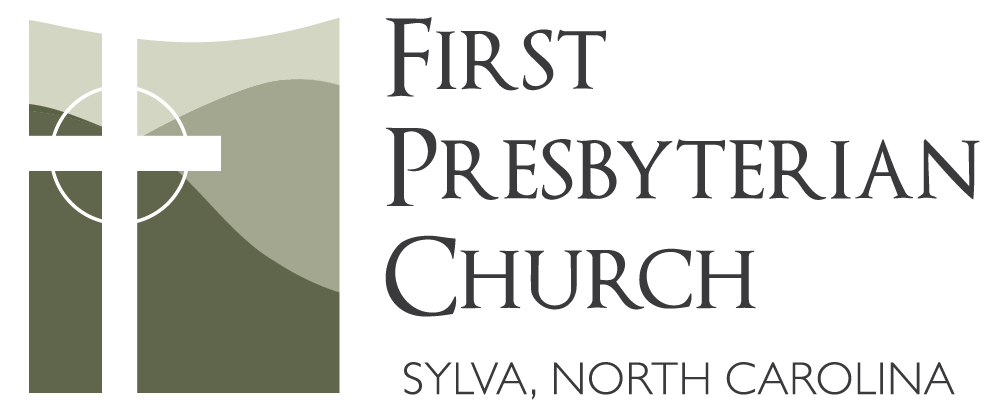Recently I had the privilege of attending the national gathering of The Fellowship Community, a group of Christ-centered, biblically-rooted, mission-minded leaders and congregations within the Presbyterian Church USA. (Some of you may be familiar with Presbyterians for Renewal; the Fellowship is a similar organization.)
The gathering took place at Peachtree Presbyterian Church in Atlanta, and its theme was “Come Together: Discipleship in a Divided Time.” Each speaker and activity focused on the theme of unity in the body of Christ. For example…
- Mark Labberton, president of Fuller Theological Seminary, encouraged Christians to see themselves as living together in “exile” today rather than in the “promised land,” as was the case with ancient Israel under Babylonian rule in the Old Testament
- Romans 8, for example, calls us to wait and hope and groan for the beauty that will revealed to us by Jesus Christ, which means we live in a "time between the times," a time of groaning beauty.
- As American Christians, we love a "Promised Land" story. Can we learn to live an "Exile" story? Can we learn to give praise to the Lord (YHWH) while living in Nebuchadnezzar's house? The truth is, in our cultural moment, we are living in exile as Christians. We are strangers in a strange land. We should embrace this story and live it out faithfully.
- You can see a version of Mark's talk by clicking here.
- Harvey Drake, pastor of Emerald City Bible Fellowship, spoke of the challenges and blessings of leading a multiethnic congregation in Seattle, Washington.
- Harvey says that to reach across divides (racially, cultural, and otherwise), we need to do three things: Admit (that there's a problem and that you're part of it), Commit (to learning from those who are different than you), and Submit (to walking in humility with God and others).
- Michael Bruner, professor at Azusa Pacific University, led a workshop on the author Flannery O’Connor, who was able to speak the prophetic truth of the gospel in a culture of “weak-kneed religious sentiment” and “domesticated despair.”
- Michael pointed out that O'Connor's stories often contain dark, grotesque characters. He followed this with a quote: "In God, there is no darkness, but in the darkness we see God." How might God reveal himself through messy human lives?
- Hope Lee, pastor of Kirkwood Presbyterian Church, taught about the gifts of women in the Bible and about the need for such gifts in today’s ministry climate.
- Hope pointed out that no large, evangelical Presbyterian Church has a female head-of-staff. Why do you think this is?
- A visit to the Martin Luther King, Jr. Center in Atlanta reminded us of the legacy of Dr. King and the Civil Rights Movement, where faith in Jesus Christ led to tremendous social change for the better.
- I wonder how Dr. King's legacy is still rippling out today? It wasn't that long ago that he gave his "I have a dream speech" (55 years ago this year). Has his dream been realized? Why not? What role can we play in his vision of the "beloved community"?
I don’t know about you, but it’s easy for me to feel discouraged and cynical in this cultural moment. We live in a world of conflict. We are so divided as a church. We are so divided as a country. We are so divided as persons. Yet this conference gave me the space to slow down, to worship, and to be reminded from thoughtful speakers and like-minded friends that Jesus is Lord of heaven and earth. And since that’s true, as the hymn reminds us, how can we keep from singing?


